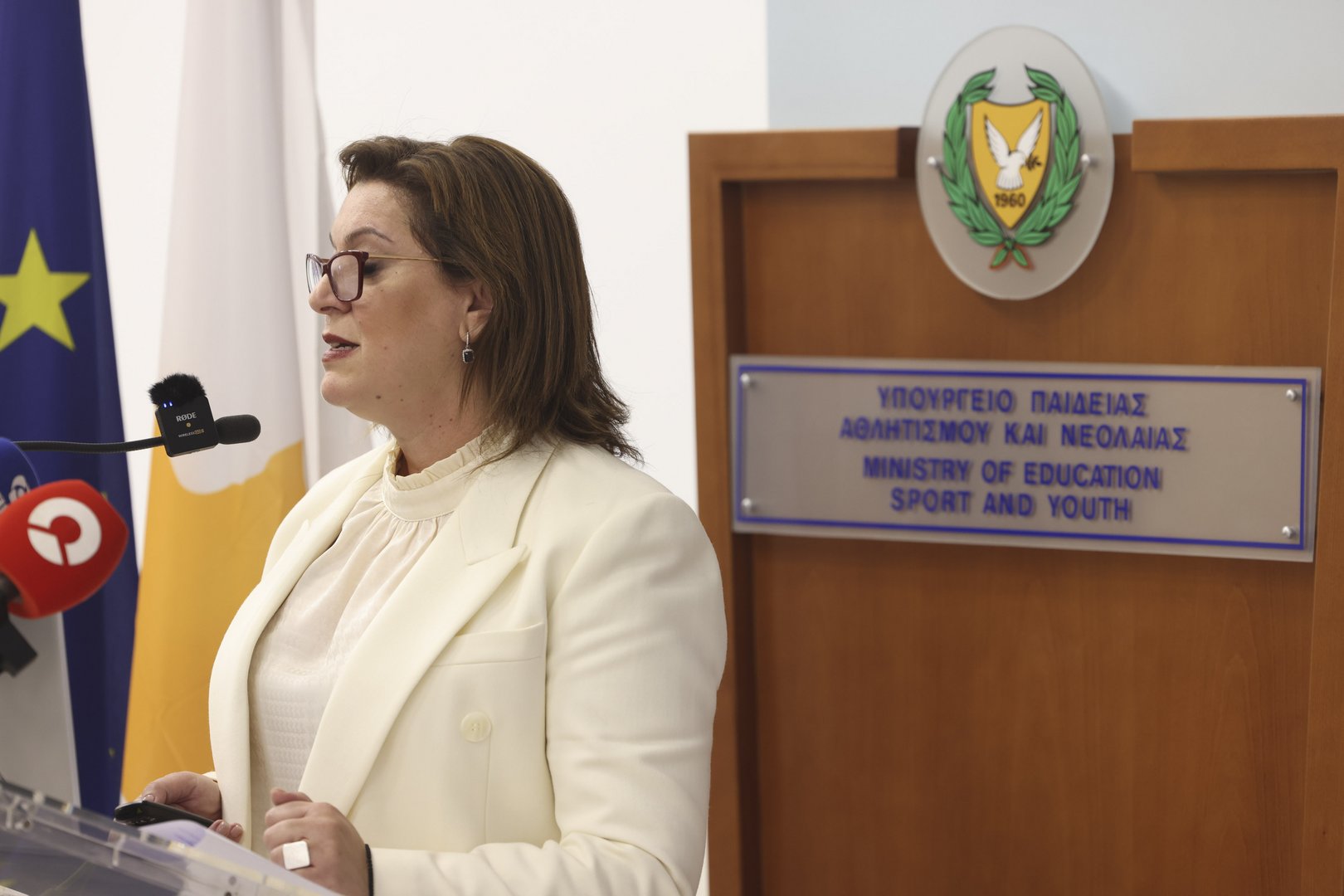Education Minister Athena Michaelidou on Friday said the ministry was open to discussing the “minor” issues raised by teachers regarding the ministry’s proposal for a sweeping reform of teacher evaluations.
Speaking to CyBC in the wake of an overwhelming rejection of the proposal in a referendum held by secondary teachers’ union Oelmek on Thursday, Michaelidou said that disagreements expressed had not touched on any issue of substance.
“The two or three differences [expressed] could be bridged through discussions in parliament, as happens with all bills,” she said.
Michaelidou dismissed claims by Oelmek that teachers had been sidelined and that she was out of touch with the profession’s “base.”
“Oelmek withdrew from the talks, and we continued with the other unions,” she said, adding that the unions themselves disagreed over the details of the issues raised.
Responding to Oelmek’s claim that only one of the latest ten points raised by the union had been addressed, Michaelidou said, “Along the way, we accepted many more than one of the suggestions made.”
“No serious paedagogical arguments were brought [by teachers] that would alter the philosophy of the reform,” she added.
Oelmek head Demetris Taliadoros, speaking on the same programme, reiterated the union’s demand for the withdrawal of the proposal from Parliament in its current form until teachers’ concerns had been properly heard and incorporated.
He raised concerns about the continuing education programme for teachers questioning whether it would be carried out at the University of Cyprus or the Pedagogical Institute, as the former institution’s capacity for the task was in question.
Taliadoros said the bill required further discussion “within a set timeframe” and argued that the House education committee was not qualified to deliberate on paedagogical matters.
An overwhelming majority of 5,286 votes, or 91.85 per cent of Oelmek members, voted against the government’s new teacher evaluation plan on Thursday.
According to the government, the proposed reform package is a long-overdue shake-up of the system, aimed at introducing flexibility, providing professional support for teachers, and ensuring merit-based advancement.
Oelmek objected to the package on two key points. First, the participation of headteachers in evaluating their staff, which the union argued would disrupt professional relationships. Second, the composition of an appeals committee for teachers contesting their evaluations, with the union insisting on the inclusion of a legal expert.







Click here to change your cookie preferences